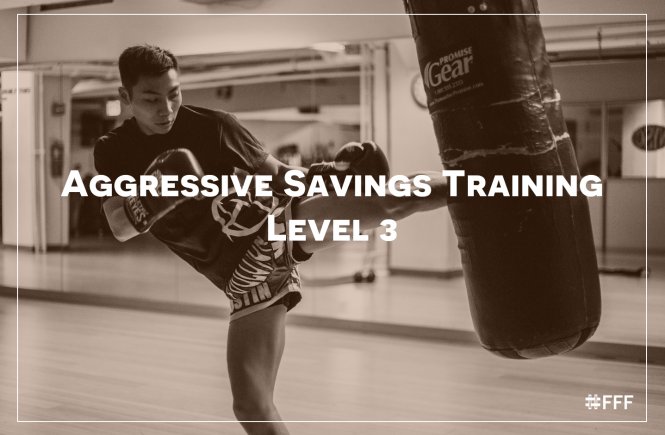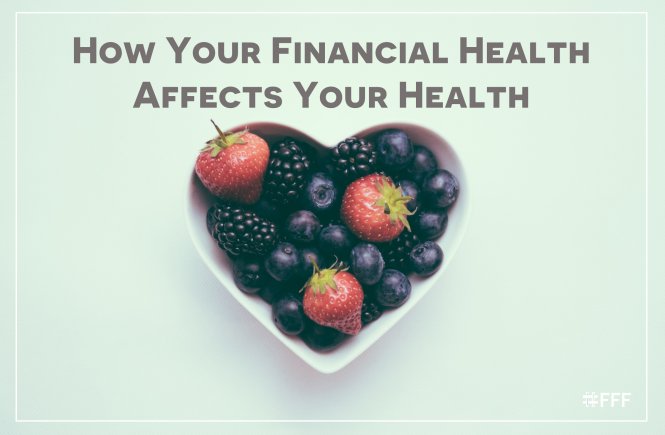I have always loved to save money and many people around me believe that my goal is to save as much as possible. Once in a while when I do spend a lot of money everyone are always surprised. I do like to save money, but my goal is not to become rich, my goal is not to have as much money as possible and people might ask then why I save so much. The answer is simple, I save with a dream and I spend with a purpose.
You are a non-profit organization
You and your life is a lot like a non-profit organization whose purposeis other than making a profit, it is to achieve your vision. It is of common belief that the more money we have the happier we will be, and it makes sense because we feel happiness when we buy a new TV, a trip to Spain or a nice dinner in a restaurant. But there are different kinds of happiness, happiness in the moment that I just described and true happiness. True happiness is linked to your vision and your purpose in life and it is the happiness you feel when you are fulfilling your purpose.
Now, why are we like a non-profit organization? Just like a non-profit organization we can’t achieve our purpose in the most efficient way by having a lot of money lying around on our bank accounts, which means that we are passing on opportunities to invest in our purpose. We can’t start spending our money on pointless things in life either, then we would be making a lot of investments with a very low return. Our purpose will only be achieved efficiently when we instead start to invest our money in actions that will lead us to our purpose, and that is when the money we spend will ultimately lead to making us happier.
Use Money as a Tool
This does not mean that we should start spending all the money we have as long as it’s aligned with our purpose. Just like a non-profit organization we need financial stability and we need to be able to manage potential crisis. In order to maintain financial stability there are two important aspects to take into consideration:
- Budgeting – A budget is not only to restrict your spendings, it is a tool that enables you to plan your spendings in the areas you feel are important. It gives you an overview of your financial situation and enables you to make strategies for the future. A budget helps you to consciously spend the money where you want to invest it instead of randomly spending money on things you’re not aware of.
- Reserves – Having financial reserves will prevent unnecessary stress and gives you time to handle a crisis that might occur. Your laptop might break and you urgently need a new one for your studies or you lose your job and you still need to pay rent. In these situations reserves enables you to continue living as usual while managing the situation. The amount of reserves that are needed depends on your situation. If your estimated time to be unemployed after graduation is three months then you should have at least three months of reserves on your account, but preferably a bit more.
Invest in Your Purpose
Once you have ensured financial stability you can start investing in your purpose! This is the part where it’s important to do conscious spending. Since you’ve ensured financial stability through the previous step and budgeted for savings you could technically spend the excess money on whatever you feel like and live a financially well life. This would lead to a lot of happiness in the moment but it would not contribute as much to your true happiness. To make it easier when you’re about to buy something you can divide your purchase into three categories. You place your purchase in one of these categories to more easily evaluate if it’s worth it. Once you’ve done this a few times you will get a feeling for it and in the end it will go automatically. The categories are:
- Fixed costs – These are costs you need to pay each month regardless of what happens and essentials of your daily life. Examples are rent, phone, food, etc..
- Costs for happiness in the moment – These are costs that you would do equally fine without and usually brings comfort or temporary happiness for you. Examples are coffee from the coffee shop every morning, eating out instead of bringing a lunch box or that really nice shirt you saw in the store that would add to your collection of 30 shirts.
- Costs for true happiness – This category is personal and depends on what your purpose in life is and what kind of life you want to live and achieve. If you for example always wanted to be a designer buying a sewing machine would fall into this category. However, everything doesn’t have to be a big dream, it can also be small details of your life. If going to the coffee shop and eating a muffin every Sunday brings you peace and is part of the life you want to live, this is an investment in true happiness. It is all about defining what you really value.
It can sometimes be tricky to draw the line between happiness in the moment and true happiness when it comes to smaller investments. A rule of thumb to keep in mind is that, if one week from now you will feel the exact same feeling whether you ate that bag of potato chips or not, it is an investment in happiness in the moment. Of course we don’t have to stop with these comforts in life completely, but what we want to do is to aim for an 80/20 ratio in investments for true-/momentarily happiness and not a 20/80 ratio.
When we minimize the costs for happiness in the moment and spend the money on costs for true happiness instead we start to use our money for more meaningful investments and eventually we will be able to increase our life quality and achieve true happiness in our lives by using our finances as a tool.
I believe in the saying that money cannot buy happiness, but I also believe that you can use money as a tool to achieve happiness, however, this is not the only tool to achieve happiness. If used wisely money can enable you to become happier, but the lack of money cannot limit you from the possibility of becoming happy.




